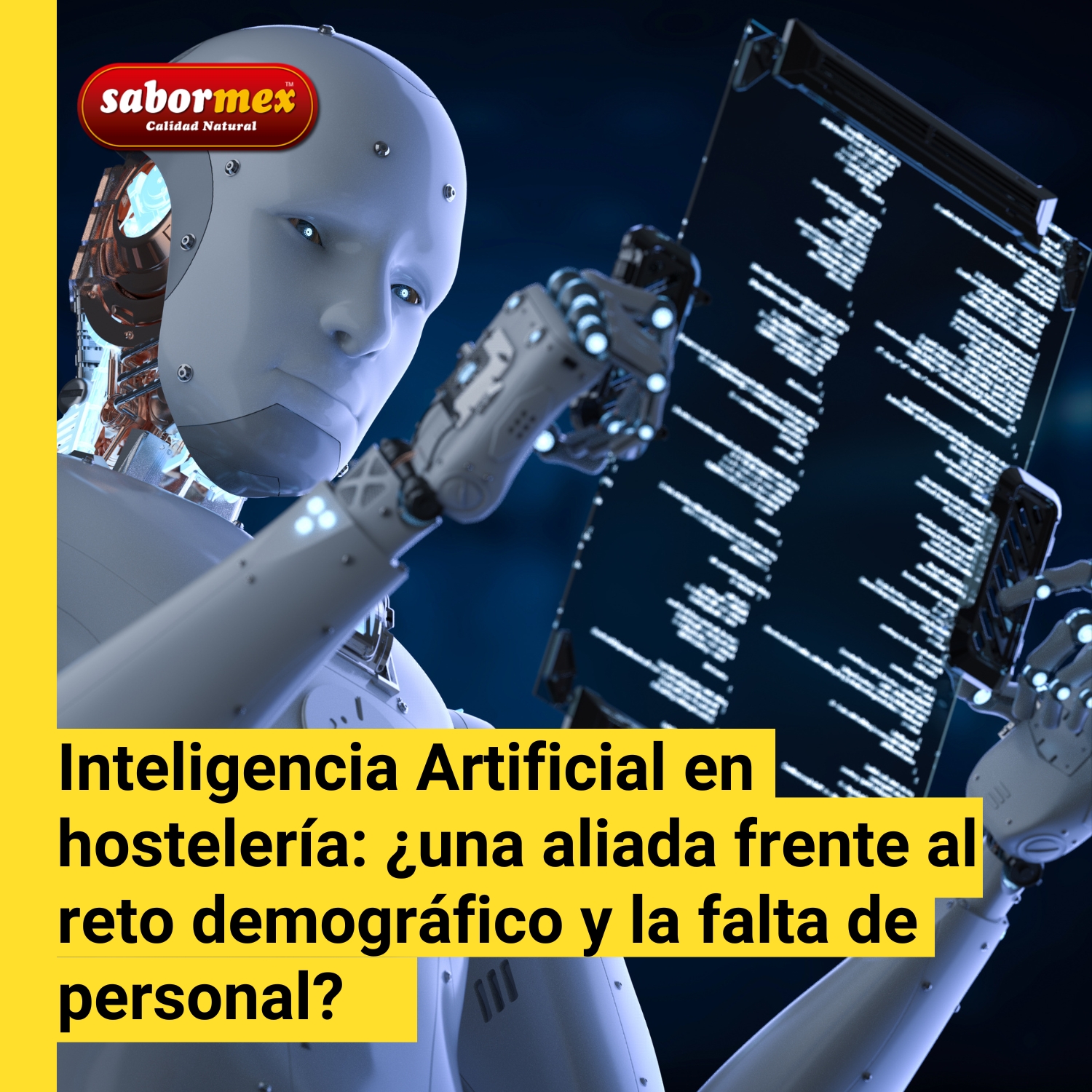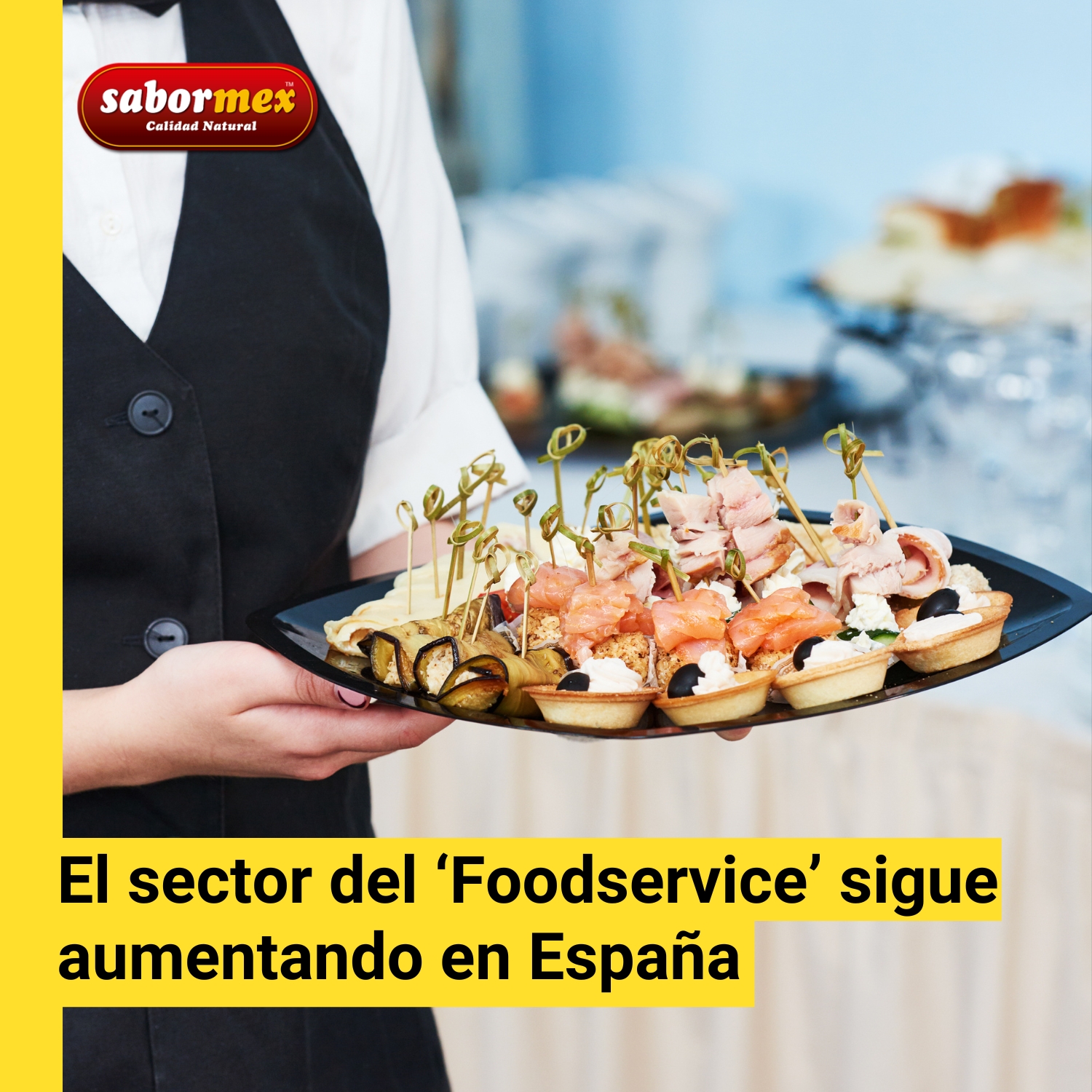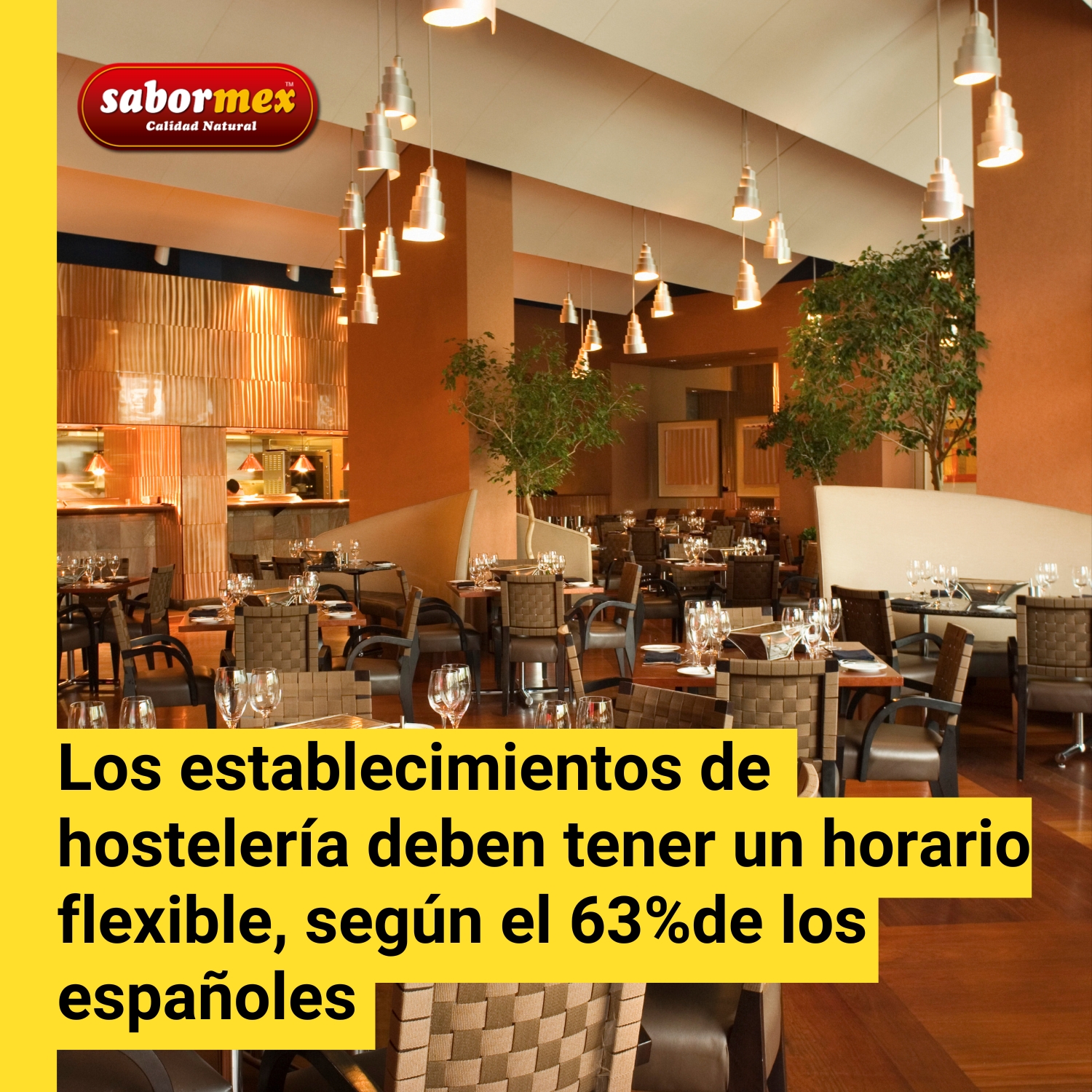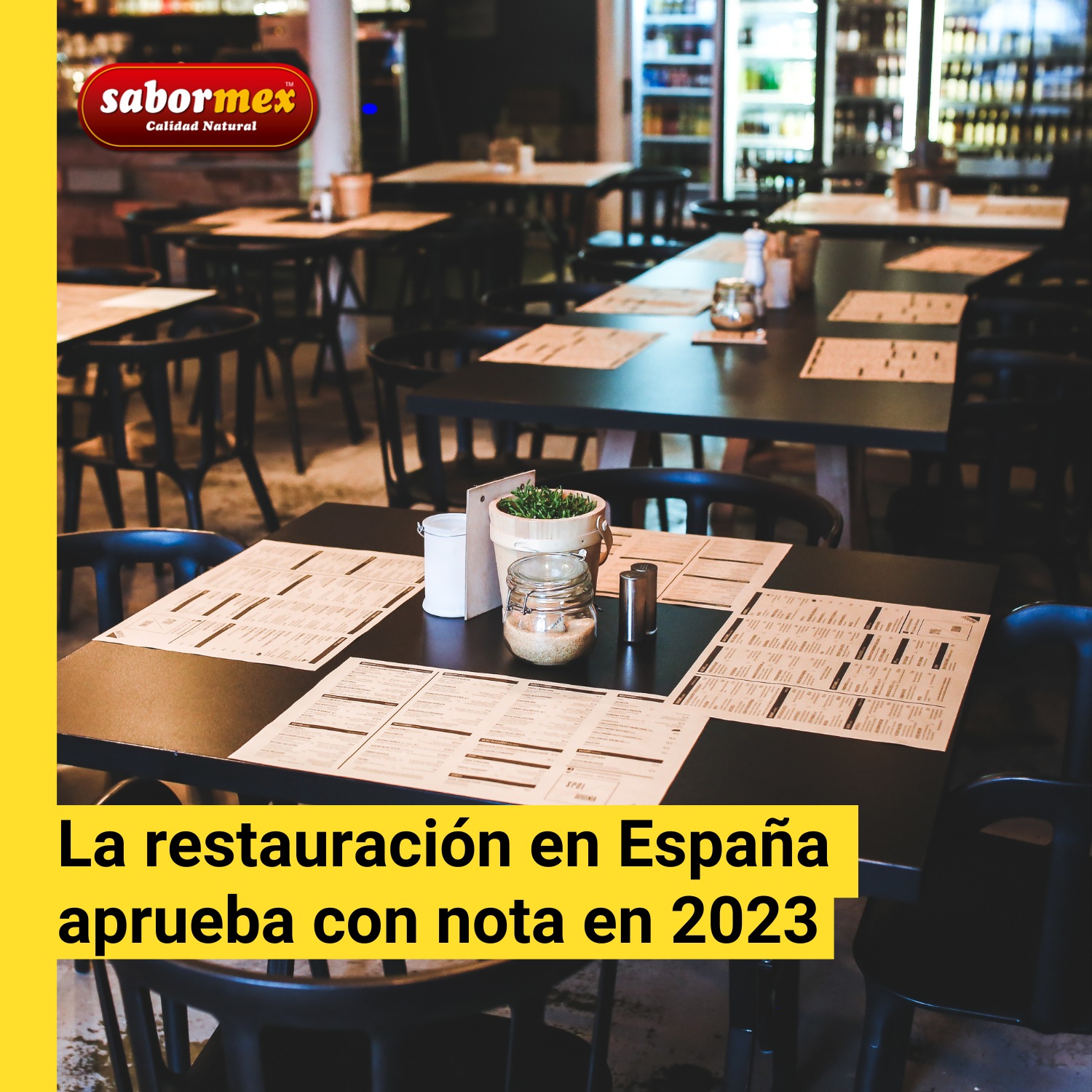One of the problems in bringing Artificial Intelligence (AI) to the general public is that, typically, the technology itself ends up capturing all the attention instead of the problem it solves. Perhaps that’s why the CEO and co-founder of Kevo Technologies & Lust4Food, Javier Manzano, focused, during his participation in one of the sessions held at HIP2024, on the horizon of solutions that AI can bring to a business, which in the hospitality sector will essentially take the form of ‘work assistants’.
“Our technology is substitutive of people,” Manzano stated initially. “However,” the entrepreneur added, “our proposal is to use it where there are people doing a repetitive task, such as answering the phone or checking if an order is correct or not.”
Focused on AI and intelligent speech and language technologies for Robotic Process Automation (RPA), which replicate human actions in tasks requiring interaction and management, the company co-founded by Manzano aims to solve everyday problems of organizations, companies, and individuals through voice. “We want to offer a possible solution to two major problems affecting the hospitality sector, such as facing the demographic challenge and the lack of personnel, while helping the host to maximize their resources and focus on high-value responsibilities, such as being focused on their kitchen,” he pointed out.
In his opinion, technologies like voice intelligence are “a fundamental lever” on which to support a business. “In fact, small and medium-sized hosts appreciate being able to free up human resources for tasks that truly add value to the business,” he emphasized. On the other hand, although it is increasingly attracting more interest, according to this expert, there is still much ignorance regarding its true scope: “We have been coming to HIP for several years now, and this is the first time we see AI being addressed in a broad manner,” he noted.
In any case, the advancement of these types of intelligent systems and their integration into businesses will be inevitable: “What technology can provide us is there, and what we have to do is visualize it.” Manzano added, “This year we have come to HIP with an avatar, and as strange as it may still seem to us, in the coming years, we will see it at the reception of a hotel or handling orders.”
It is precisely in the “attention layer” where the entrepreneur predicts that we will see greater developments in the field of hospitality, “because it is something very accessible to any type of business; in fact, the people who have been showing us that they need help in their daily lives are not precisely the big companies.”
For Manzano, the key is for people to dare to try the technology: “To do a demo and see how it works and what it translates into; that’s how it can be best understood.”
VIRTUAL BRANDS AND DARK KITCHENS
Other topics addressed in the same HIP session – alongside AI – were virtual brands, presented by Alex Jankelievich, founder and CEO of Hunger Brands; and dark kitchens, through the opinion offered by Daniel Bueno, CEO of Booh! Food.
After the accelerated growth caused by the pandemic, home deliveries have remained at a high level, albeit with more organic growth now. Jankelievich explained how “it started strong during the pandemic, but then there was a need to simplify, focusing on fewer portfolios and more quality. However, in our case, we continue to grow, offering a turnkey solution.” Simplicity should play a crucial role in the future planning of virtual brands, according to Jankelievich: “Not only in delivery but also in retail: there should be no complexity in operation,” he emphasized.
For the CEO of Hunger Brands – a B2B Food-Tech that creates brands through a data-based experimentation methodology to be operated in third-party spaces – “it is very important to know the delivery operation very well and support the proposal with a lot of power on social networks.” In this entrepreneur’s opinion, “delivery is here to stay and continue to grow, but only those who understand the channel well and support their project with good marketing will be the ones who manage to stay and grow.”
On the other hand, the creator of Booh! Food explained that in the case of his business, and although it may seem paradoxical, “internally we have contracted to grow. We saw that the approach had to be more intuitive, that people could quickly visualize all our offers.”
This Malaga-based startup, which started under a purely virtual concept, took a new step in the development of its business a few months ago by unveiling the so-called dark kitchens and placing them in more traditional commercial spaces, such as the Los Arcos shopping center in Seville.
This center was the first to have an operational Booh! ghost kitchen, hosting more than 12 new restaurant brands created by the startup itself, which also partners with other restaurant companies to produce their products in their ghost kitchens and thus add more brands. “We made a change driven by demand itself: the public is demanding more and we couldn’t do delivery without having a physical presence,” Bueno explained.
Likewise, another challenge inherent in delivery that the CEO of Booh! Food addressed is the extra cost associated with this type of service: “In the end, there is a person who delivers the order to your doorstep.” In this regard, an important decision, he detailed, was whether to opt for a proprietary channel or an aggregator: “In our opinion, opting for 40% proprietary channel and 60% aggregator is the perfect balance to have a good business,” he pointed out.
The entrepreneur concluded his presentation by sharing with the attendees a loud wish and a warning to sailors: “We want to be part of the smart cities of the future; in fact, we are already part of them.”
Source: Food Retail




